Creating content as an iOS dev pt. 2: How and where to start | iOS Lead Essentials Podcast #018
/In this episode, we pick up the discussion from episode #017 “Creating content as an iOS dev” to respond to common questions we received, such as:
- “I want better iOS gigs, but there’s a lot of competition. How can I effectively create iOS content to get better iOS opportunities?”
- “How can I get immediate returns in my iOS career from creating content?”
- “I want to start an iOS dev blog and YouTube channel. Should I use my name, a brand name, or a business name?”
- “I want to start my iOS dev blog. Where should I post my content?”
- “What is mandatory to have on my iOS dev website, blog, or channel?”
- “Should I use GitHub, or can I use other version control hosts for my online portfolio of iOS projects?”
- “Should I write blog posts or record videos?”
- “How to make my iOS videos stand out more and/or be more efficient in getting the message across?”
- “I want to open source my iOS apps to help others and promote my skills. Should I be concerned with private details?”
- “Should I build my iOS dev website in Swift with a portfolio and a blog? I could use Vapor or another framework and make it open source.”
- “I want to create content, but I only work on projects at work, and I can’t publish my employer’s work.”
Moreover, we received comments highlighting that many companies discard candidates without a blog or an active GitHub account.
Building a powerful and trustworthy online presence can help you immensely with finding good opportunities around like-minded people that share your values.
The content within this podcast will help you get started quickly, and it can make all the difference in your career.
Subscribe now to our Youtube channel and Podcast to catch new episodes.



